9, April 2021
Djibouti: 73-year-old President Guelleh seeking a fifth term 0
The Horn of African country of Djibouti is going to the polls on Friday as President Ismail Omar Guelleh seeks a fifth term in the small but strategically important nation home to military bases for the United States, China and others.
The 73-year-old Guelleh faces just one challenger, the independent candidate Zakaria Ismail Farah, who halted campaigning early while asserting that he could not do so in safety. In protest, he appeared with his mouth taped shut.
Critics call the president a heavy-handed dictator, but others in Djibouti see him as a driving force in the country’s development and relative stability. The country is located on the Red Sea along one of the world’s busiest shipping lanes.
Guelleh has been in power since 1999 after the death of his predecessor, Hassan Guled Aptidon, the country’s first president. Djibouti won independence from France in 1977.
Guelleh told reporters days ago that he was no longer interested in power but was merely responding to the will of the people.
“It is my people, the Djiboutians, who asked me to run again and not leave them for the sake of the prosperity of the nation,” he said.
More than 205,000 people are registered to vote in Djibouti, which has a population of over 600,000. The country is a mix of ethnic Somali, Afar and Arab.
(AP)
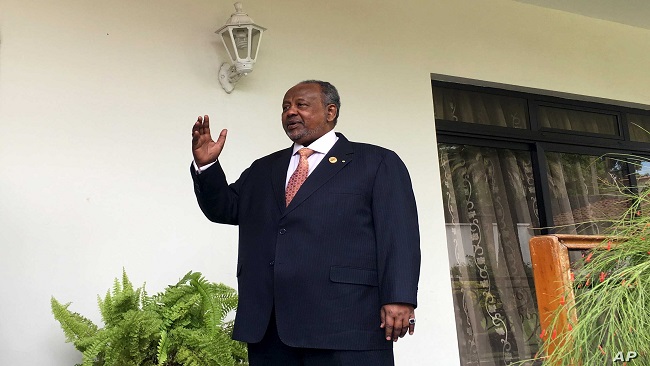
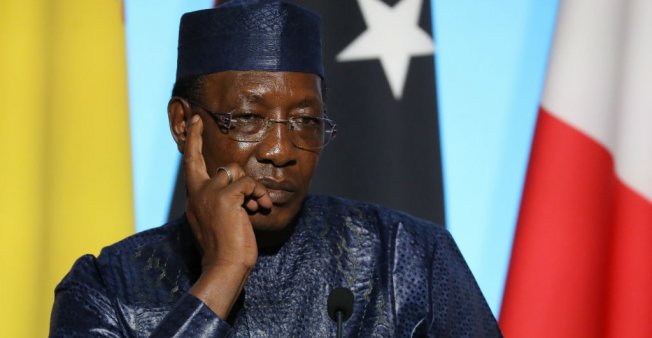

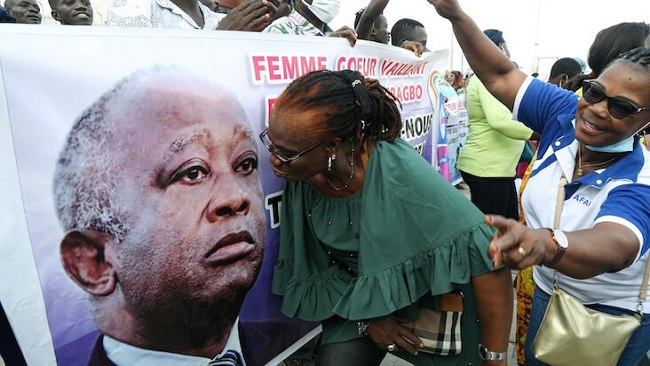

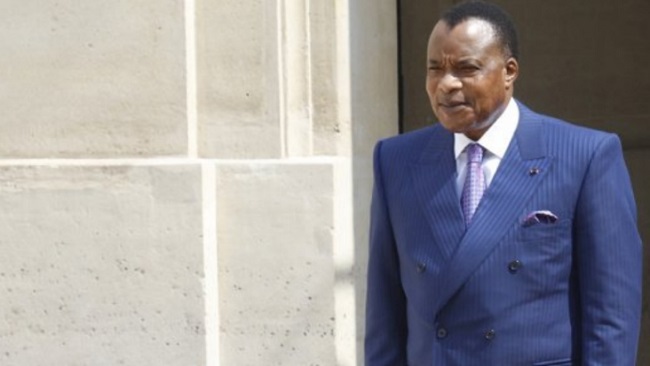
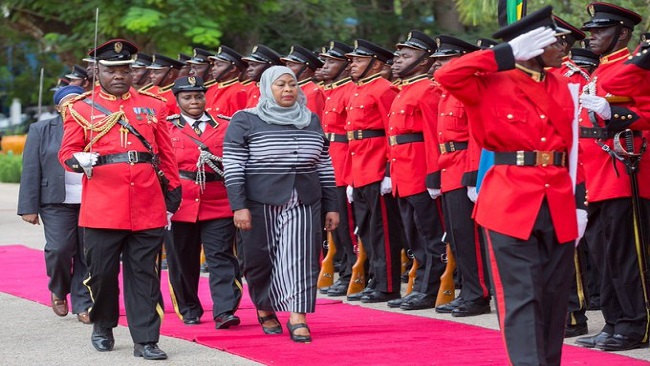
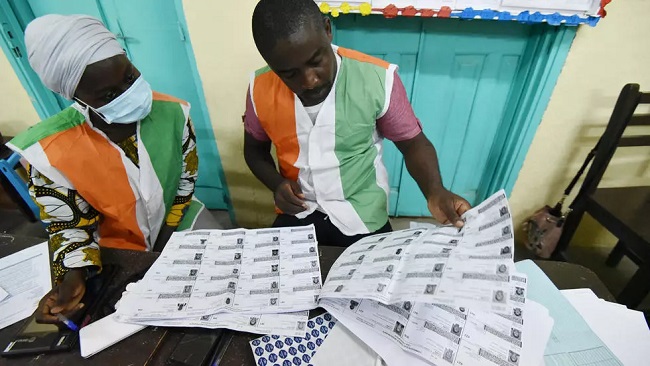
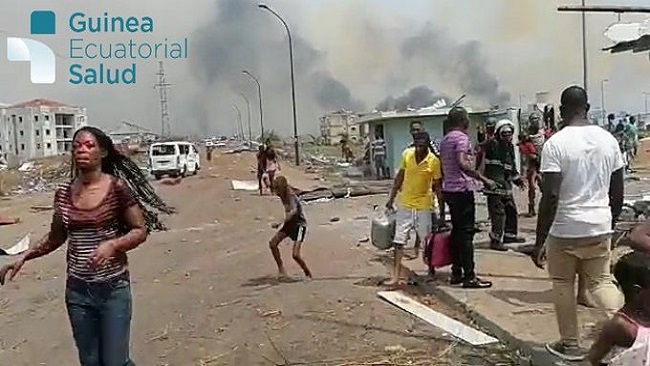













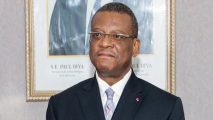



11, April 2021
Chad goes to polls with veteran ruler Deby poised for sixth term 0
Chad headed into presidential elections Sunday with Idriss Deby Itno, ruler for the last three decades, set to win a sixth term.
A key ally in the West’s anti-jihadist campaign in the Sahel, Deby, 68, is the frontrunner in a six-candidate race without major rivals after a campaign in which demonstrations were banned or dispersed.
Queueing to vote in the capital N’Djamena, a 25-year-old saleswoman named Bernadette told AFP she was voting for Deby because “thanks to him I am free to walk wherever I want, day or night, in total security”.
Polling booths and ballot boxes were arriving progressively in the city, with numerous polling stations visited by AFP failing to open on time.
Police and soldiers were out in force across N’Djamena, with elite troops from the Republican Guard deployed to the central polling station where Deby himself was due to vote, an AFP journalist said.
Chad has struggled with poverty and instability since gaining independence from France in 1960.
A former rebel and career soldier who seized power in a coup in 1990, Deby has twice, with French help, thwarted attempts to oust him.
Other candidates include Albert Pahimi Padacke, a former prime minister under Deby, and Felix Nialbe Romadoumngar — officially “leader of the opposition” as his URD party has eight seats in the National Assembly.
Lydie Beassemda, a former agriculture minister, is the first woman to run for president in Chad’s history.
She is pitching her campaign on federalism, in a country where ethnic rivalry is common, and on women’s rights, in a culture where patriarchal domination is entrenched.
But seven other candidates were rejected by the Supreme Court and three withdrew, including longtime opposition politician Saleh Kebzabo, who quit in protest over violence by the security forces.
Soldiers killed in Lake Chad ambush
Deby has campaigned on a promise of peace and security in a region that has been rocked by jihadist insurgencies.
Two Chadian soldiers were killed Thursday in an ambush in the Lake Chad region, where Islamist extremists have been increasingly attacking civilians and security forces, Communications Minister Cherif Mahamat Zene told AFP on Sunday.
Provisional results from the elections are scheduled for April 25, with the final results due on May 15.
With Deby set for victory, the major question mark is over turnout.
Deby urged voters at his final rally on Friday to “turn out massively”, but many residents have voiced disinterest in an election whose outcome already appears certain.
Some 7.3 million people are eligible to vote out of a population of 15 million, but the most critical opposition parties have urged voters to boycott the election.
Weekly protest marches urging a peaceful transfer of power have been banned or forcefully dispersed.
On February 28, police and soldiers carried out a commando-style raid on the home of a prominent would-be candidate, Yaya Dillo Djerou. His mother was among at least three people killed, and he is now on the run.
Human Rights Watch, Amnesty International and UN Secretary General Antonio Guterres are among those who have voiced criticism.
US watching
The United States on Thursday urged Chad’s election supervisors and courts “to ensure these elections are conducted freely, fairly, and transparently”.
“We’ll be watching in the days ahead,” US State Department spokesman Ned Price warned.
Deby has also benefited, as previously, from divisions and weaknesses within opposition ranks.
Francois Djekombe, president of the opposition Sacred Union for the Republic, said efforts to mobilise the public had been weakened by internal squabbles, poor leadership and inadequate communications.
“Let us humbly acknowledge that we have failed,” he said ahead of polling day. “It’s clear that people don’t want the popular revolt that we tried to impose.”
Kelma Manatouma, a Chad expert at the University of Paris-Nanterre, said that “with the considerable means Deby has mobilised, it is certain he will win.”
Chad has been an oil producer since 2003, but it remains deeply poor.
In 2018, 42 percent of the population lived below the poverty line, according to the World Bank. In 2020, Chad ranked 187th out of 189 countries on the UN’s Human Development Index.
(AFP)